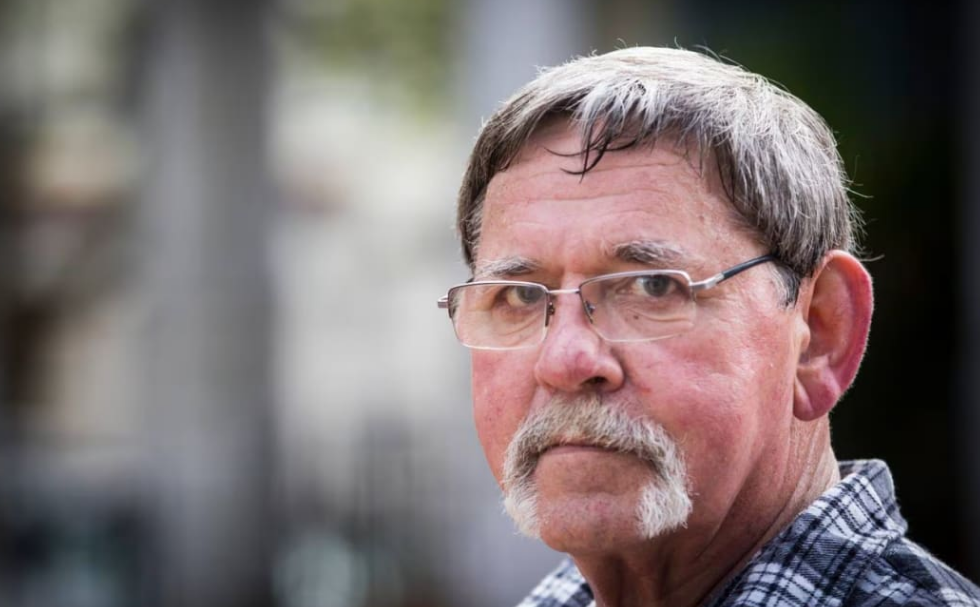
Tamihere was convicted of the murders of Swedish backpackers Urban Höglin and Heidi Paakkonen in 1990 and served 20 years.
An appeal was made in 1992 over contested evidence, but the Court of Appeal rejected it.
In 2020 the former governor-general declared a royal prerogative of mercy, which triggered the new appeal hearing.
On Wednesday, the second day of the hearing, the Crown maintained the evidence against Tamihere was still solid despite false testimony being a key part of its original case.
That evidence was given by inmate Roberto Conchie Harris - who said Tamihere had confessed to the murders - but was later found to have lied.

"We do have the judge's summing up, recording second hand its excoriating conclusion on Mr Harris' account as a complete fabrication. Everything either being taken from newspaper stories or it was so bizarre as to be unbelievable."
Thomson said the other circumstantial evidence, such as Tamihere being seen with a woman who looked like Heidi Paakkonen, held up.
She said putting Harris' evidence before the jury would not have affected the overall outcome.
"If one slender strand of the rope is eliminated, that doesn't weaken the whole rope beyond repair. The Crown submits that the Harris evidence was that type of a slender strand; when you remove it the force of the Crown case remains."
But Justice Miller - one of a panel of three judges - told the Crown lawyer the court will not speculate about what the jury might have done, particularly considering it was divided during deliberations.
"So if we are not willing to accept your submission that the jury can't have attached much weight to it, then we are in miscarriage territory at that stage are we not?"
Thomson said even if the court decided the perjured evidence led to a miscarriage of justice, that evidence was simply an irregularity at the trial.
"Only Mr Tamihere knows how and why and where he killed Heidi Paakkonen and Urban Höglin, but only he can be the killer."
Tamihere's lawyer James Carruthers said the Crown's case and the evidential landscape had shifted greatly since it was put to the jury in 1990.
He urged the court to be cautious in its consideration of whether to dismiss the appeal.
"No doubt the court, if it reaches that stage, it will remind itself of the real risk well established of wrongful convictions arising out of identification evidence and prisoner informant evidence."
The court has reserved its decision.
Justice French said she could not give an accurate timeframe except that the judgement will not be released until the new year - at least February.
"Obviously we want to get this right and we need time to do that."
RNZ understands the likely options for the court are that the original verdict is upheld, there is a retrial, or Tamihere could be acquitted.












